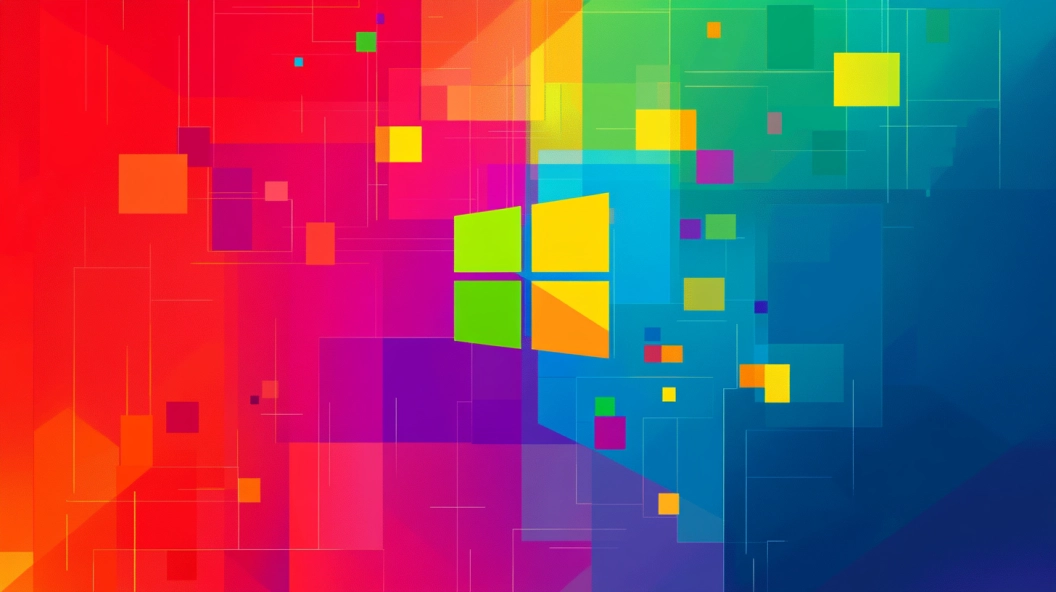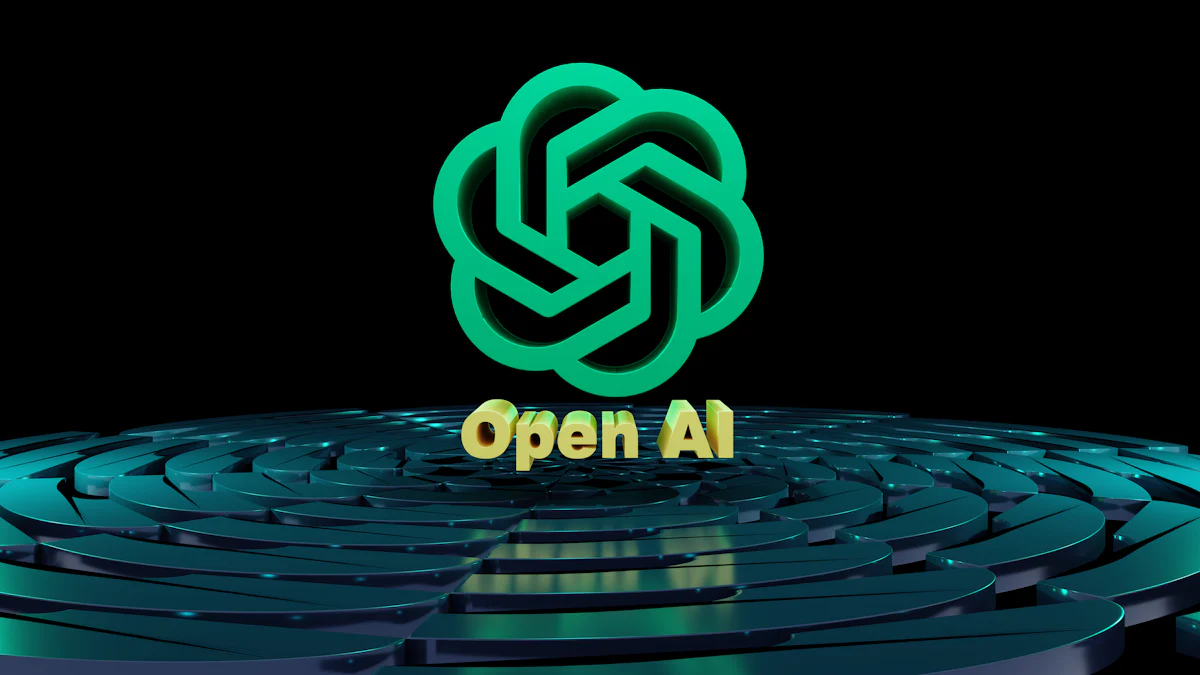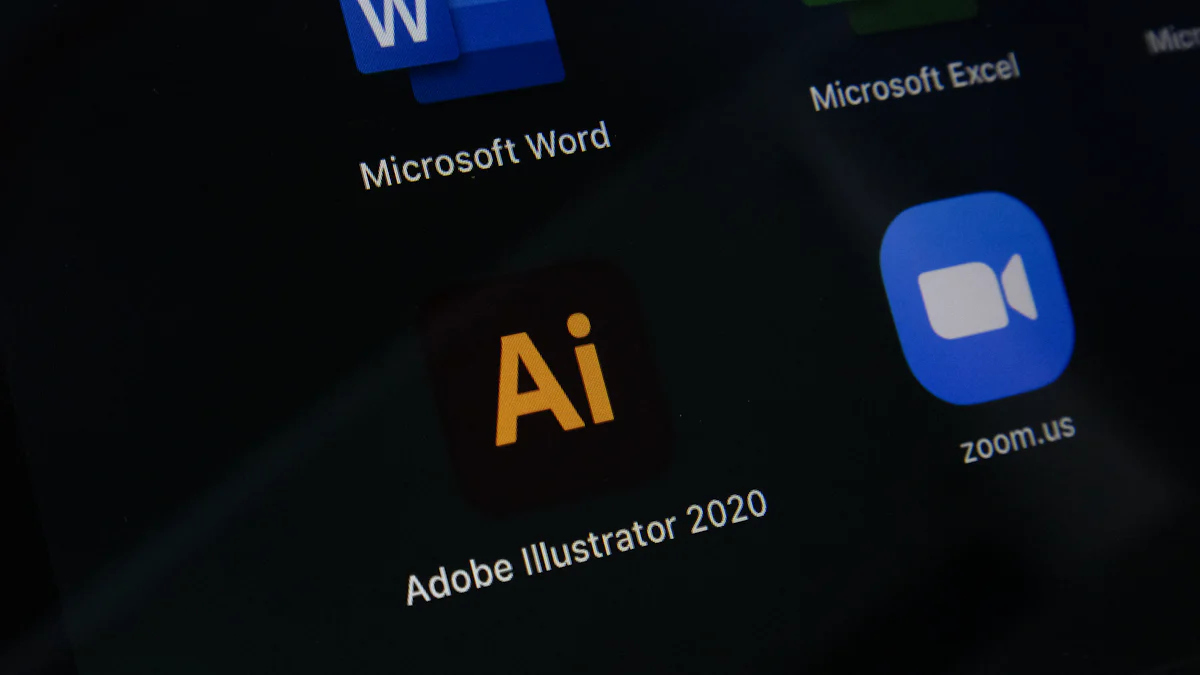The Impact of Microsoft’s Investments in Open-Source Technologies

Microsoft stands as a titan in the tech industry, renowned for its innovative contributions. Open-source technologies have become crucial in modern software development, fostering collaboration and rapid advancement. Microsoft's Investments in this area mark a significant strategic shift. Once resistant, the company now embraces open-source, exemplified by its acquisition of GitHub in 2018. This transformation, driven by Microsoft’s Investments, highlights the company's commitment to building software with essential open-source elements, positioning it as a leader in the collaborative tech ecosystem.
Historical Context of Microsoft’s Investments
Microsoft's Initial Stance on Open-Source
Early resistance and proprietary focus
In the early days, Microsoft maintained a strong proprietary focus. The company prioritized its own software products, such as Windows and Office, over open-source alternatives. This approach reflected a broader industry trend where proprietary software dominated the market. Microsoft viewed open-source as a potential threat to its business model, which relied heavily on licensing fees and controlled ecosystems.
Key turning points in strategy
Several key events marked a shift in Microsoft's strategy towards open-source. In 2004, Microsoft participated in LinuxTag, releasing its first software under an open-source license. This move signaled a willingness to engage with the open-source community. Another significant turning point occurred in 2013 when Microsoft refocused its efforts on Azure, its cloud computing platform. This shift required greater integration with open-source technologies, as developers increasingly demanded flexibility and compatibility with various tools.
Transition to Open-Source Support
Acquisition of GitHub
The acquisition of GitHub in 2018 represented a monumental step in Microsoft's open-source journey. GitHub, a vital part of the developer ecosystem, provided a platform for millions of developers to collaborate on open-source projects. By acquiring GitHub, Microsoft demonstrated its commitment to supporting developer freedom and innovation. This move was widely seen as a positive development for the open-source community, reinforcing Microsoft's role as a major player in the field.
Contributions to Linux and other projects
Microsoft's contributions to Linux and other open-source projects further illustrate its evolving stance. The company has formed partnerships with various open-source organizations, actively contributing to the community. These efforts include enhancing compatibility between Azure and open-source tools, as well as supporting initiatives that promote open-source development. Through these actions, Microsoft has positioned itself as a leader in fostering a collaborative software ecosystem.
Current Developments in Microsoft’s Investments

Major Investments and Projects
Azure's integration with open-source tools
Microsoft’s Investments in open-source technologies have significantly enhanced Azure's capabilities. Azure now integrates seamlessly with a variety of open-source tools, providing developers with flexibility and choice. For instance, Microsoft has incorporated open-source database management services like MySQL and PostgreSQL into Azure. This integration allows businesses to leverage familiar tools while benefiting from Azure's robust infrastructure. Additionally, Microsoft's support for Linux on Azure exemplifies its commitment to open-source, enabling users to deploy Linux-based applications efficiently.
Support for open-source communities
Microsoft’s Investments extend beyond technology to actively supporting open-source communities. The company contributes to numerous open-source projects, such as SONiC, a network operating system. By participating in these initiatives, Microsoft fosters innovation and collaboration within the tech industry. Furthermore, the acquisition of GitHub underscores Microsoft's dedication to empowering developers. GitHub serves as a vital platform for millions of developers to collaborate on open-source projects, reinforcing Microsoft's role as a leader in the open-source ecosystem.
Impact on the Tech Industry
Influence on competitors and partners
Microsoft’s Investments in open-source technologies have reshaped the competitive landscape. Competitors and partners alike have taken notice of Microsoft's strategic shift. By embracing open-source, Microsoft has set a precedent for other tech giants, encouraging them to adopt similar practices. This influence extends to partnerships, where Microsoft collaborates with other companies to enhance open-source solutions. These collaborations not only drive innovation but also create a more interconnected tech ecosystem.
Changes in developer ecosystems
The impact of Microsoft’s Investments on developer ecosystems is profound. Developers now have access to a wider array of tools and resources, thanks to Microsoft's open-source initiatives. The transition of projects like ASP.NET MVC to open-source has democratized software development, allowing developers to contribute and innovate freely. This shift has led to a more vibrant and dynamic developer community, where ideas can flourish without the constraints of proprietary software. As a result, Microsoft's open-source efforts have accelerated the pace of technological advancement, benefiting the entire industry.
Future Implications of Microsoft’s Investments

Potential Growth and Challenges
Opportunities for innovation
Microsoft's embrace of open-source technologies opens vast avenues for innovation. By integrating open-source tools, Microsoft can accelerate the development of cutting-edge solutions. This approach fosters collaboration among developers, leading to more robust and versatile software. The company's commitment to open-source also enhances its ability to adapt to emerging trends, ensuring that its products remain relevant in a rapidly evolving tech landscape.
Risks and criticisms
Despite the opportunities, Microsoft's open-source strategy faces challenges. Some traditional customers express concerns about the shift towards open-source, fearing compatibility issues or security vulnerabilities. Additionally, critics argue that Microsoft's dominance might stifle smaller open-source projects. Balancing innovation with these concerns requires careful navigation to maintain trust and support within the tech community.
Microsoft's Vision for Open-Source
Long-term strategic goals
Microsoft envisions a future where open-source plays a central role in its strategy. The company aims to create a seamless integration between proprietary and open-source technologies, enhancing user experience and flexibility. By investing in open-source, Microsoft seeks to position itself as a leader in collaborative software development, driving innovation across various sectors.
Expected industry trends
The tech industry is likely to witness increased collaboration between major corporations and open-source communities. Microsoft's investments set a precedent, encouraging other companies to adopt similar practices. This trend may lead to a more interconnected ecosystem, where shared knowledge and resources drive technological advancement. As open-source becomes more mainstream, the industry can expect a surge in innovative solutions that benefit both developers and end-users.
Microsoft's journey in open-source technologies showcases a remarkable transformation. Initially resistant, the company now stands as a key player in the open-source community. Their strategic investments and contributions have significantly impacted the tech industry.
"Microsoft adapted to the open source paradigm despite initial resistance."
This evolution reflects broader implications for the tech sector, encouraging other companies to embrace open-source practices. As Microsoft continues to support developer freedom and innovation, the future of open-source collaboration looks promising. The company's commitment to fostering a collaborative software ecosystem sets a precedent for ongoing technological advancement.
See Also
The Growth of Microsoft Azure and Its Impact on Developers
The Importance of Microsoft Specialists in Digital Change
The Necessity of Having a Microsoft Professional in Every Company
